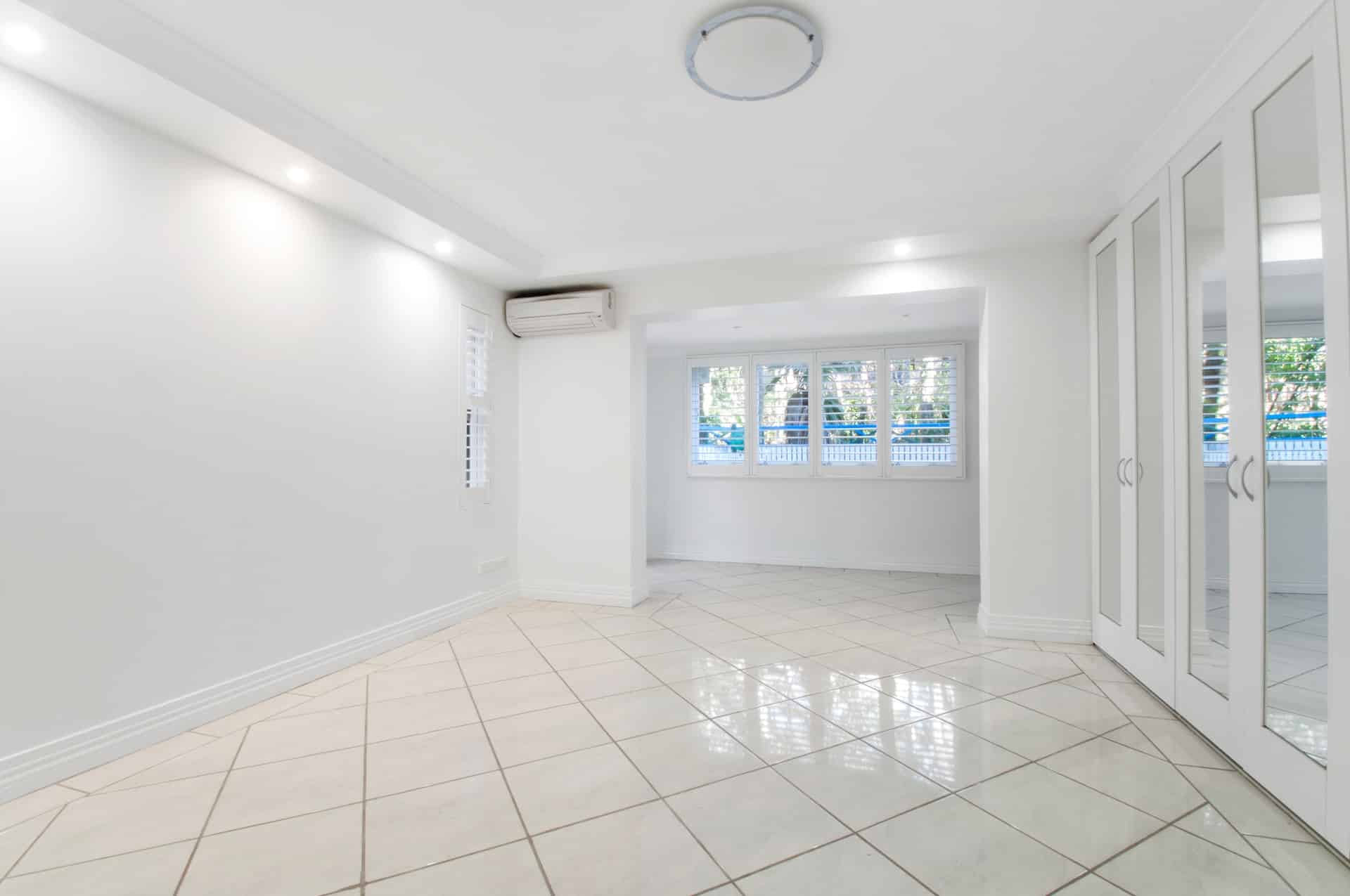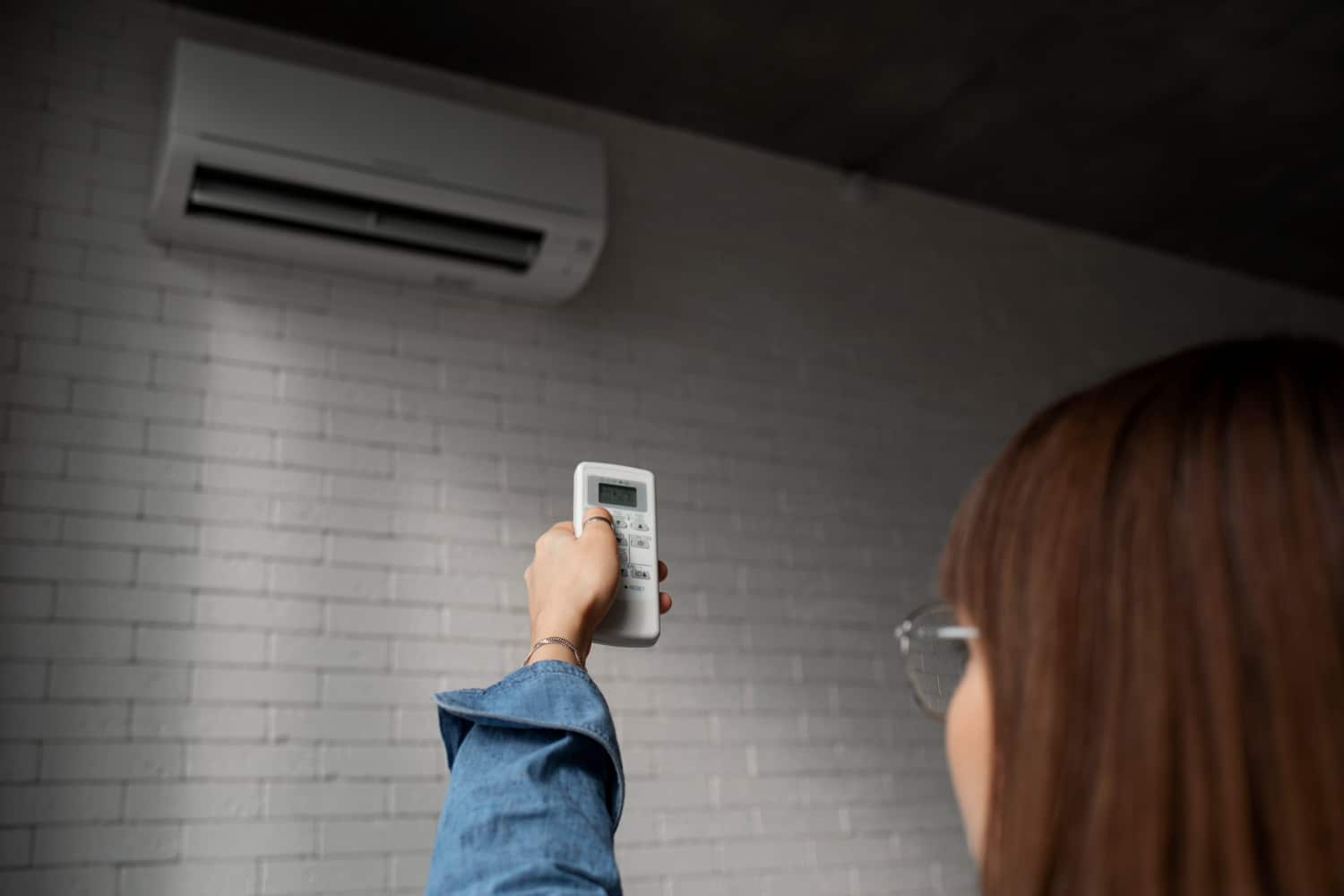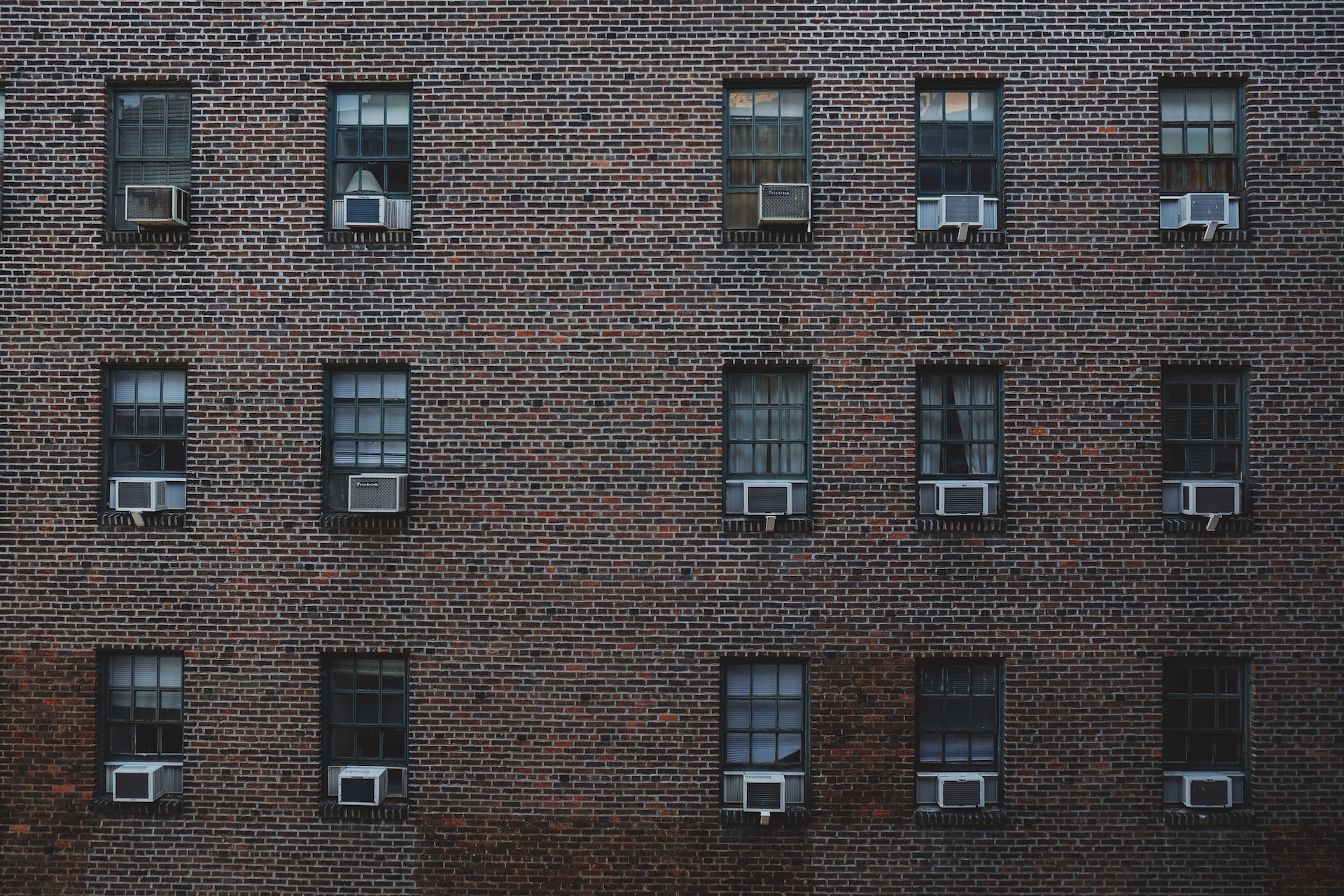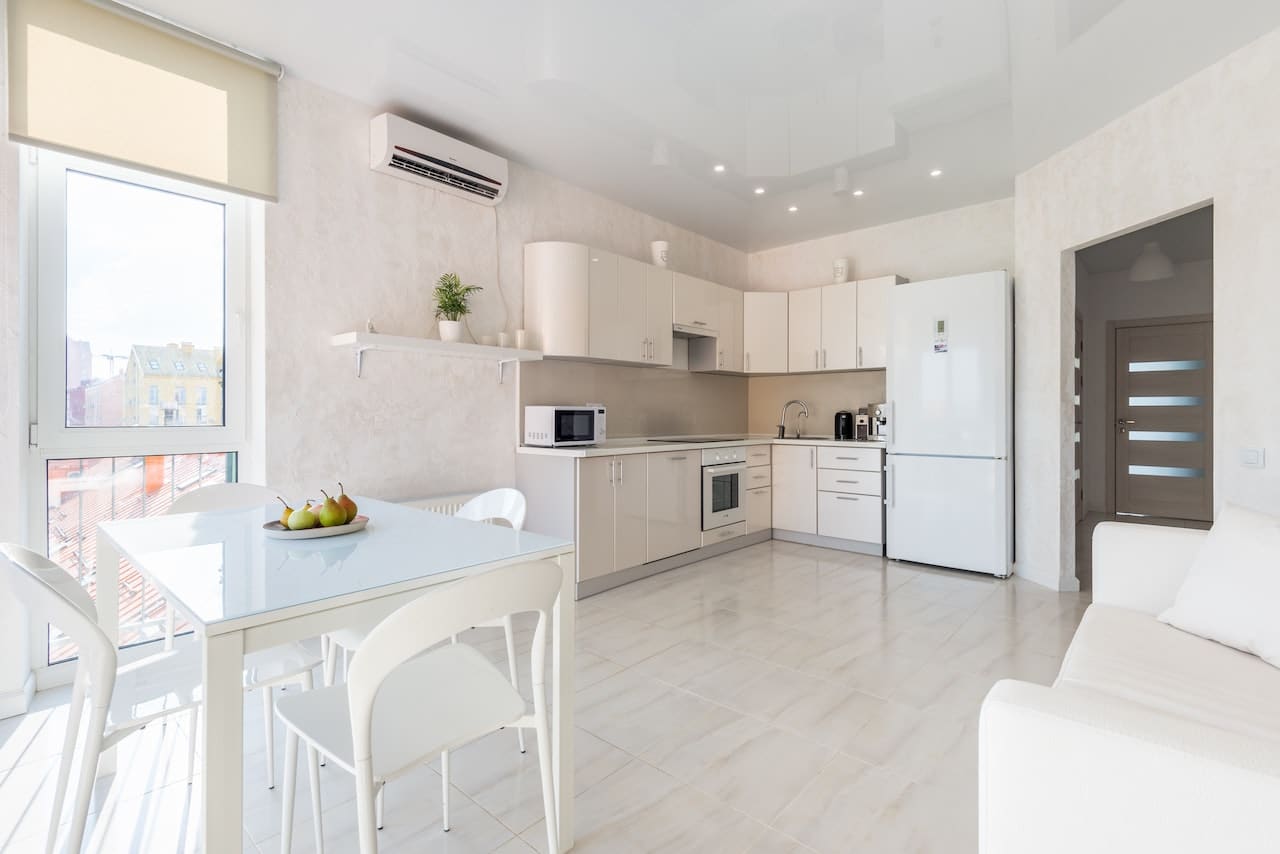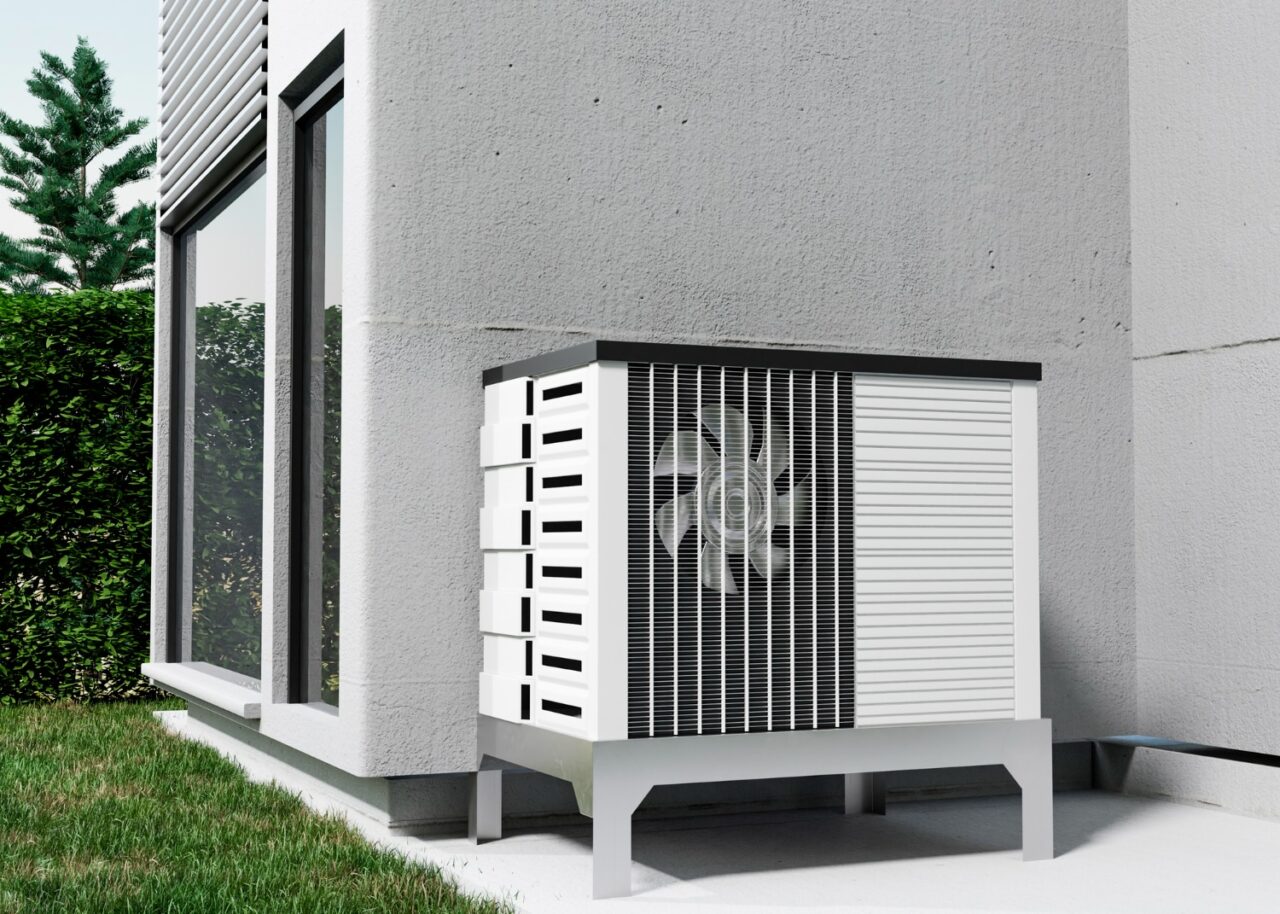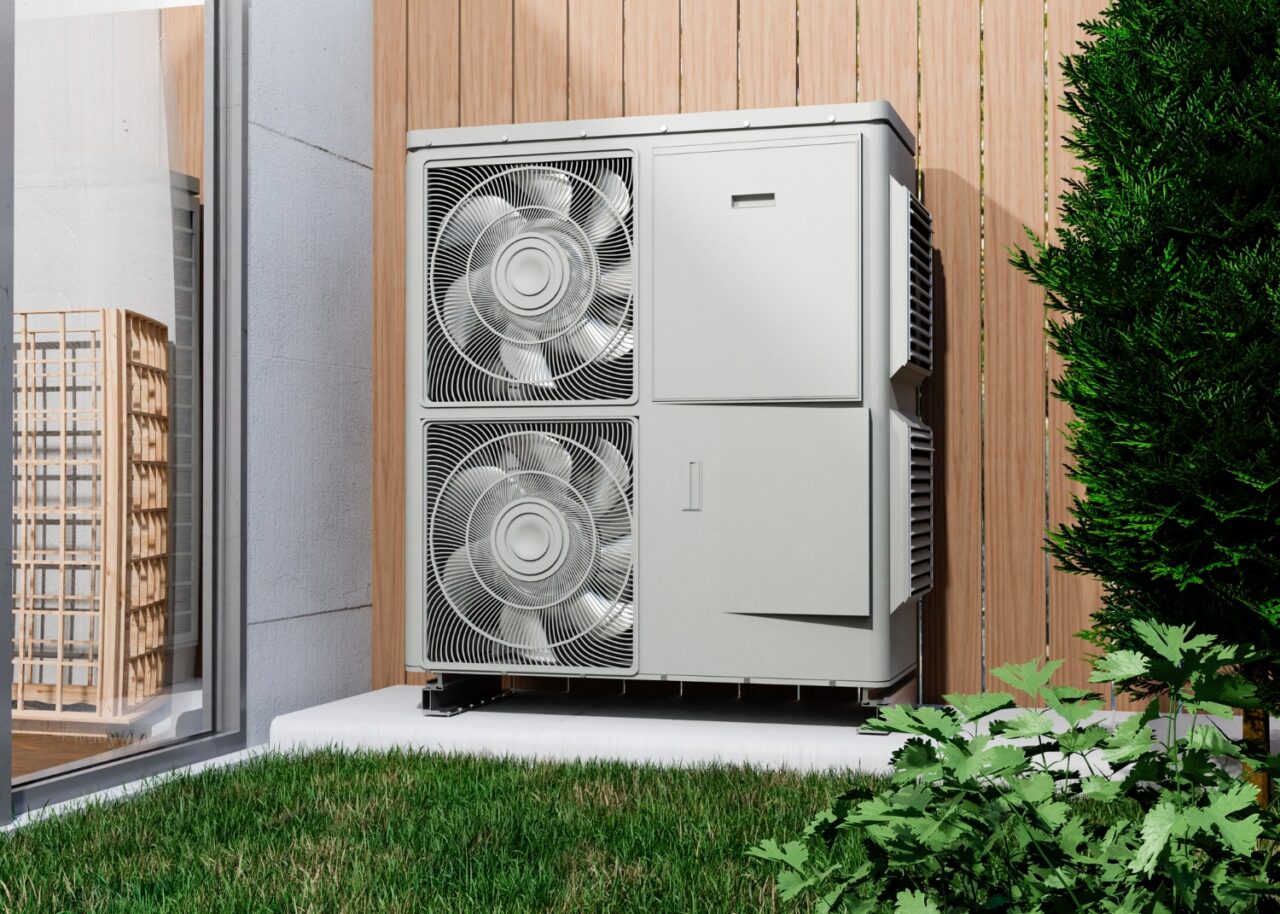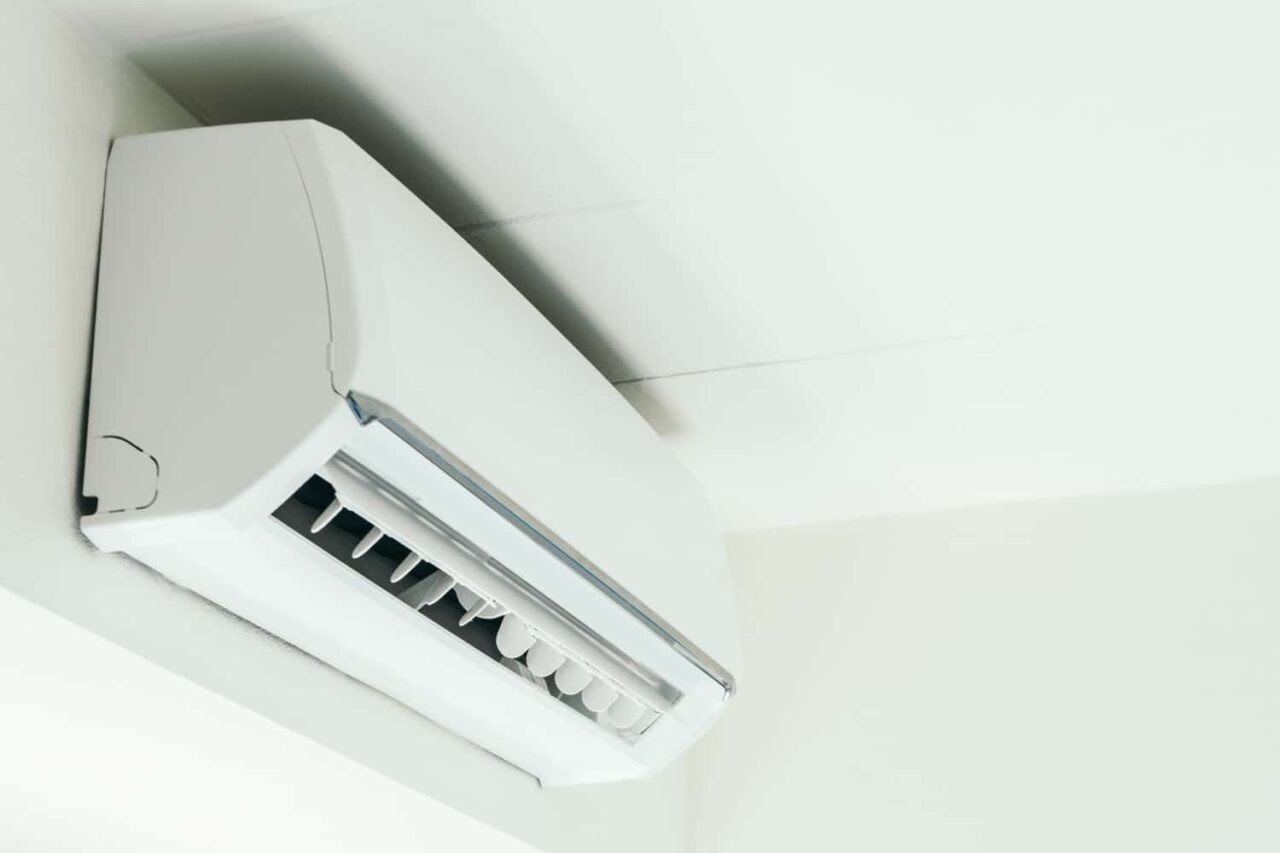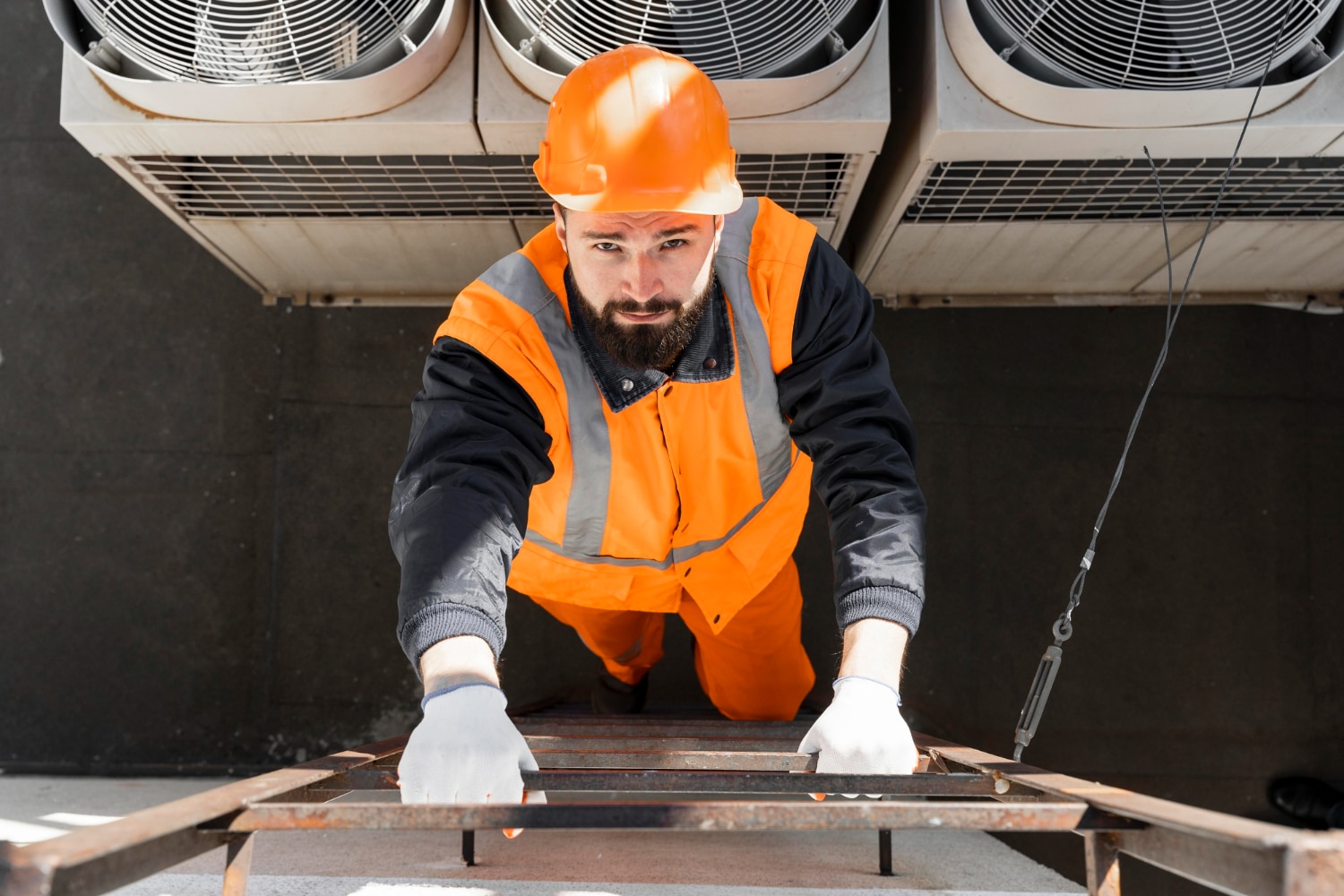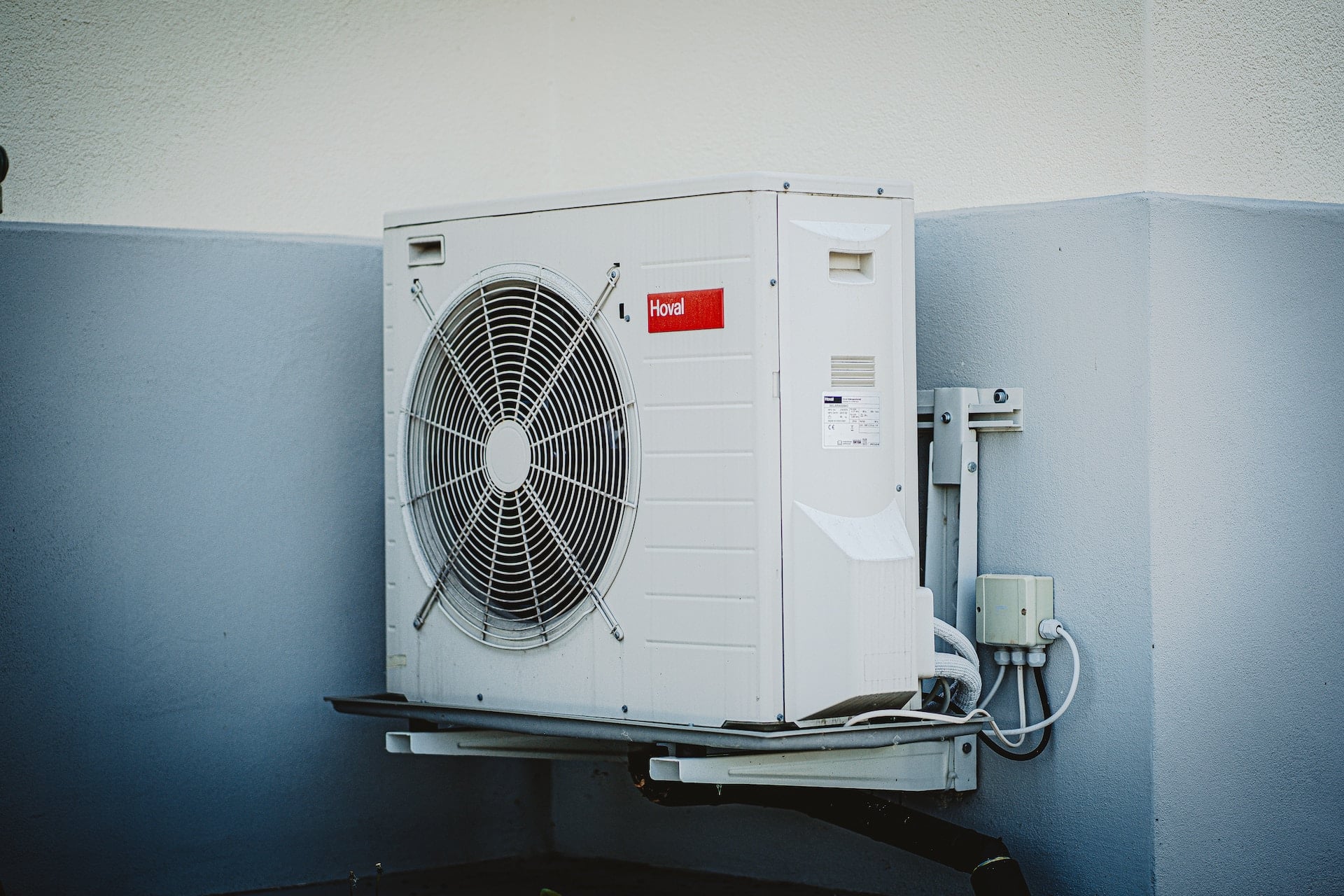Canada is known for its extreme weather conditions, with frigid winters and sometimes sweltering summers. As such, having an efficient and well-functioning air conditioning (AC) system is essential to ensure comfort during the warmer months.
That said, if you are considering installing an AC system in your home or office in Canada, there are several factors to keep in mind:
1. Climate and Region
The climate and region where you live or work in Canada will play a significant role in determining the type of AC system you need. In some parts of the country, summer temperatures can reach up to 35°C, while in others, the average temperature may not exceed 20°C. The fluctuating temperatures and humidity levels across the country make it essential to choose an AC system that can handle your region’s specific requirements. As such, consulting with a professional HVAC technician is vital and can help you determine the most suitable AC system for your location.
2. Energy Efficiency
Energy efficiency is a crucial factor to consider when installing an AC system in Canada. With the rising cost of electricity and the increasing emphasis on reducing carbon footprints, choosing an energy-efficient AC system is essential. So, look for models with a high Seasonal Energy Efficiency Ratio (SEER) rating, as this indicates better energy efficiency. Additionally, investing in an energy-efficient system will save you money in the long run as it will consume less electricity and reduce your monthly energy bills.
3. Size and Capacity
Selecting the right size and capacity for your AC system is critical to ensure optimal performance and energy efficiency. An undersized unit will struggle to cool your space, leading to higher energy consumption and reduced comfort. On the other hand, an oversized unit will cool your space too quickly, resulting in short cycling and increased energy use. A professional HVAC technician can help you determine the correct size and capacity for your AC system based on your space, insulation, and cooling requirements.
4. Installation and Maintenance
Proper installation and regular maintenance are vital to ensure the longevity and efficiency of your AC system. Hiring a professional HVAC technician for the installation will ensure that the system is correctly sized, installed, and optimized for your specific needs. Additionally, regular maintenance, including cleaning and replacing filters, checking refrigerant levels, and inspecting electrical connections, will help you avoid costly repairs and extend the life of your AC system.
5. Budget and Warranty
Finally, it is essential to consider your budget and the warranty offered by the AC system manufacturer. Keep in mind that while a high-quality, energy-efficient system may be more expensive upfront, it can save you money in the long run with lower energy bills and fewer repairs. On top of that, a comprehensive warranty can provide you with peace of mind and protect your investment in case any issues arise with your AC system. Finally, be sure to compare different models and manufacturers to find the best balance between quality, energy efficiency, and cost.
Conclusion
Overall, installing an AC system in Canada requires careful consideration of various factors, such as climate, energy efficiency, size, installation, and budget. By taking these factors into account and consulting with a professional HVAC technician, you can ensure that you choose the most suitable AC system for your needs and enjoy a comfortable and cool indoor environment during Canada’s warmer months!
Furnace King Home Services is a customer-focused heating and cooling business based in Mississauga. With over four decades of expertise, the team at Furnace King will assess your heating and air conditioning requirements and suggest a suitable system that meets your needs and fits within your budget. If you are looking for AC installation services, work with us today!

